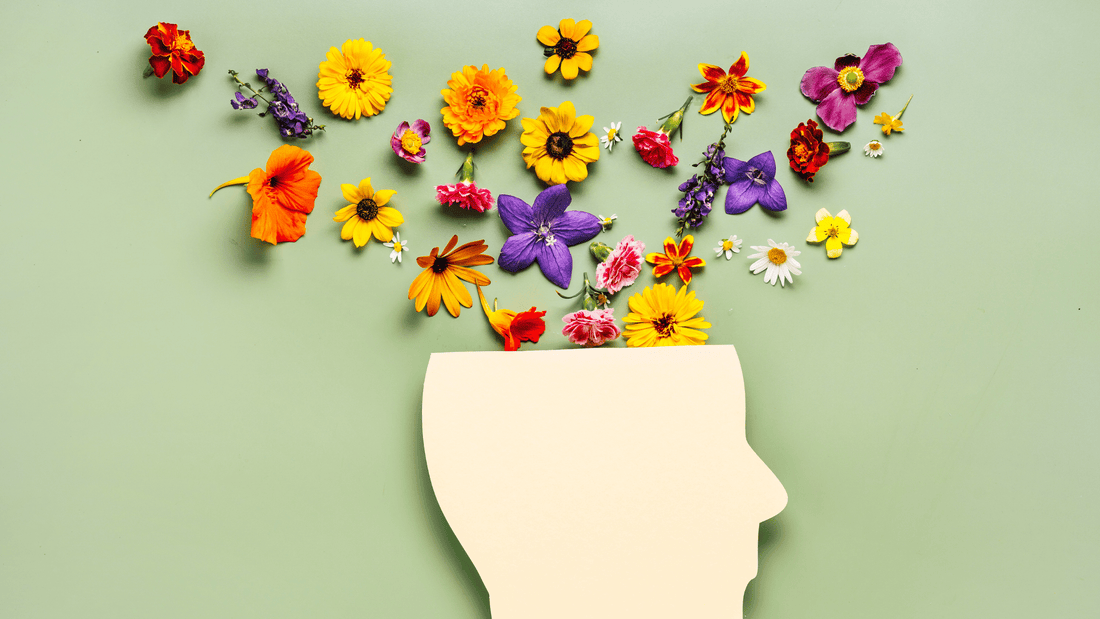
Probiotics and Mental Health: Understanding the Gut-Brain Connection
In recent years, the intricate relationship between our gut and brain has garnered significant attention, shedding light on how gut health can influence mental well-being. Central to this connection are probiotics—beneficial bacteria that reside in our digestive system. Understanding the gut-brain axis and the role of probiotics offers promising insights into managing mental health.
The Gut-Brain Axis: A Two-Way Street

The gut-brain axis refers to the complex communication network linking the gastrointestinal tract and the brain. This bidirectional pathway involves:
-
Neural Connections: The vagus nerve serves as a primary channel, transmitting signals between the gut and brain.
Harvard Health -
Neurotransmitter Production: The gut produces neurotransmitters such as serotonin, dopamine, and gamma-aminobutyric acid (GABA), which play crucial roles in regulating mood and emotions.
Harvard Health -
Immune System Interactions: Gut bacteria can modulate immune responses, influencing inflammation levels that affect brain function.
Verywell Mind
Probiotics: Beneficial Bacteria for Mental Health
Probiotics are live microorganisms that, when consumed in adequate amounts, confer health benefits by maintaining or restoring a healthy gut microbiota. Their impact on mental health includes:
-
Mood Regulation: Certain probiotic strains can modulate neurotransmitter levels, potentially alleviating symptoms of anxiety and depression.
Psychreg -
Stress Resilience: Probiotics may enhance the body's ability to cope with stress by influencing the gut-brain axis.
Psychreg -
Cognitive Function: Emerging research suggests that probiotics can improve cognitive processes, including memory and decision-making.
Springer Link
Scientific Evidence Supporting the Gut-Brain Connection
Studies have demonstrated the influence of gut microbiota on mental health:
-
Animal Studies: Research on rodents indicates that altering gut bacteria composition can affect anxiety-like behaviours and stress responses.
Springer Link -
Human Trials: Clinical trials have shown that probiotic supplementation can modulate brain activity in regions associated with emotion and sensation.
Springer Link
Incorporating Probiotics into Your Diet
To support mental health through gut health, consider the following:
-
Probiotic-Rich Foods: Include fermented foods like yogurt, kefir, sauerkraut, kimchi, and kombucha in your diet.
The Sun -
Prebiotics: Consume foods high in prebiotic fibres, such as garlic, onions, bananas, and whole grains, to nourish beneficial gut bacteria.
Health.com -
Supplements: Probiotic supplements are available, but it's advisable to consult a healthcare professional before starting any new regimen.
Lifestyle Factors Influencing Gut and Mental Health
Beyond diet, other factors play a role in maintaining a healthy gut-brain connection:
-
Stress Management: Chronic stress can disrupt gut microbiota balance; practices like mindfulness, meditation, and regular physical activity can mitigate stress.
-
Adequate Sleep: Quality sleep is essential for both gut health and mental well-being.
-
Limiting Alcohol: Excessive alcohol intake can negatively impact gut health and mood.
Health.com
Conclusion
The emerging understanding of the gut-brain connection highlights the potential of probiotics in supporting mental health. By fostering a balanced gut microbiome through diet and lifestyle choices, we can positively influence our mood and cognitive function. As research progresses, integrating these practices offers a holistic approach to mental well-being.

